
Supporting Comcast’s merger agenda
A conservative think tank with ties to corporate money and the American Legislative Exchange Council says the FCC should not reject the Comcast and Time Warner Cable merger for emotional, “big is bad” sloganeering.
Seth Cooper, a former director of the ALEC Telecommunications and Information Technology Task Force and current Amicus Counsel for the corporate group made his comments about the merger under the moniker of the Free State Foundation.
The FCC’s due diligence in that examination of the deal, Cooper says, must “disregard pleas for it to reject Comcast/TWC out of hand, based on appeals to emotional incredulity or ‘big is bad’ sloganeering; Stand firm against calls that, under the guise of protecting consumers, the agency impose conditions in order to protect market rivals…; reject dragging out its review process…; and avoid the imposition of any conditions on the merger unrelated to demonstrable concerns over market power and anticompetitive conduct.”
Cooper parrots Comcast’s press releases promoting the multi-billion dollar merger, claiming it will lead to a faster transition to digital cable, faster Internet speeds via DOCSIS 3.1, and expanded wireless backhaul services.
Unfortunately for Cooper, the facts are not on his side.
As part of Time Warner Cable’s Maxx initiative, the march to digital cable in unmistakable at Time Warner. TWC Maxx-upgraded cities now get faster speeds at a lower cost than what Comcast offers, and no data caps. Both cable companies are already in the wireless backhaul market, installing fiber to cell towers to support 4G LTE broadband. But LTE-enabled towers are highly likely to already have fiber connections, limiting future growth. A merger between the two cable companies won’t dramatically change that market reality.


 Subscribe
Subscribe
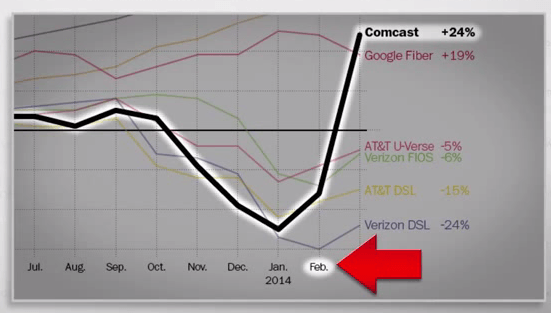
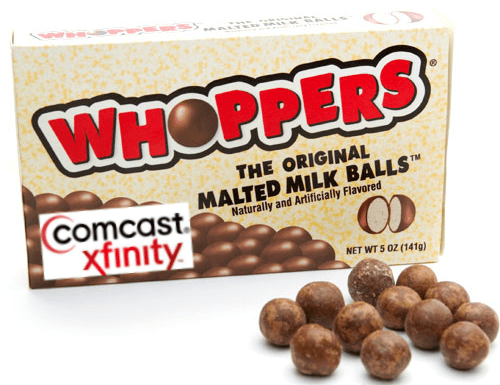 Comcast is using an offline console game that misrepresents the speed and performance of its Internet service in its latest advertising.
Comcast is using an offline console game that misrepresents the speed and performance of its Internet service in its latest advertising.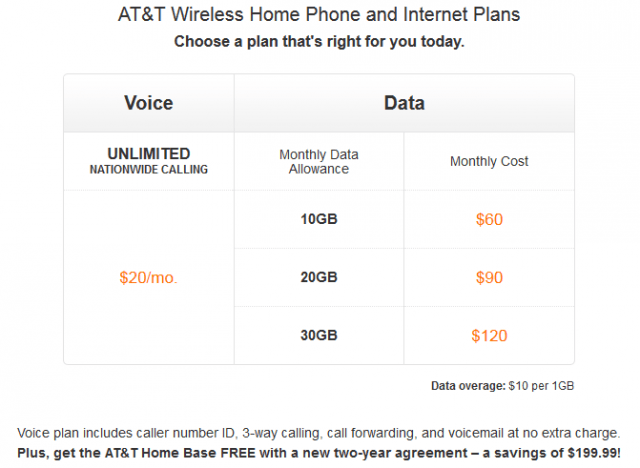
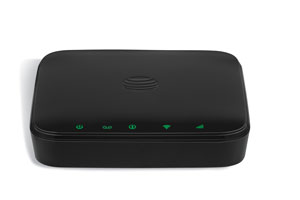
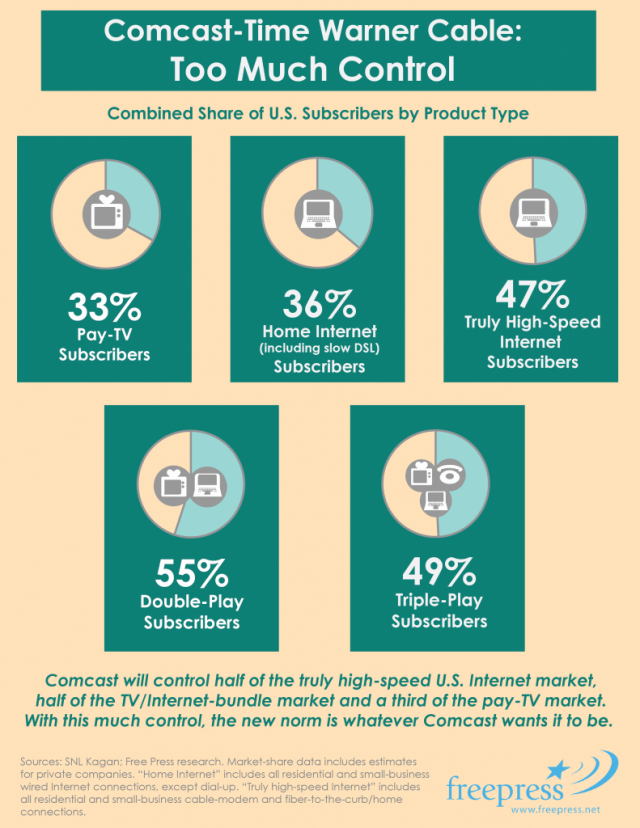 The New York Times
The New York Times 